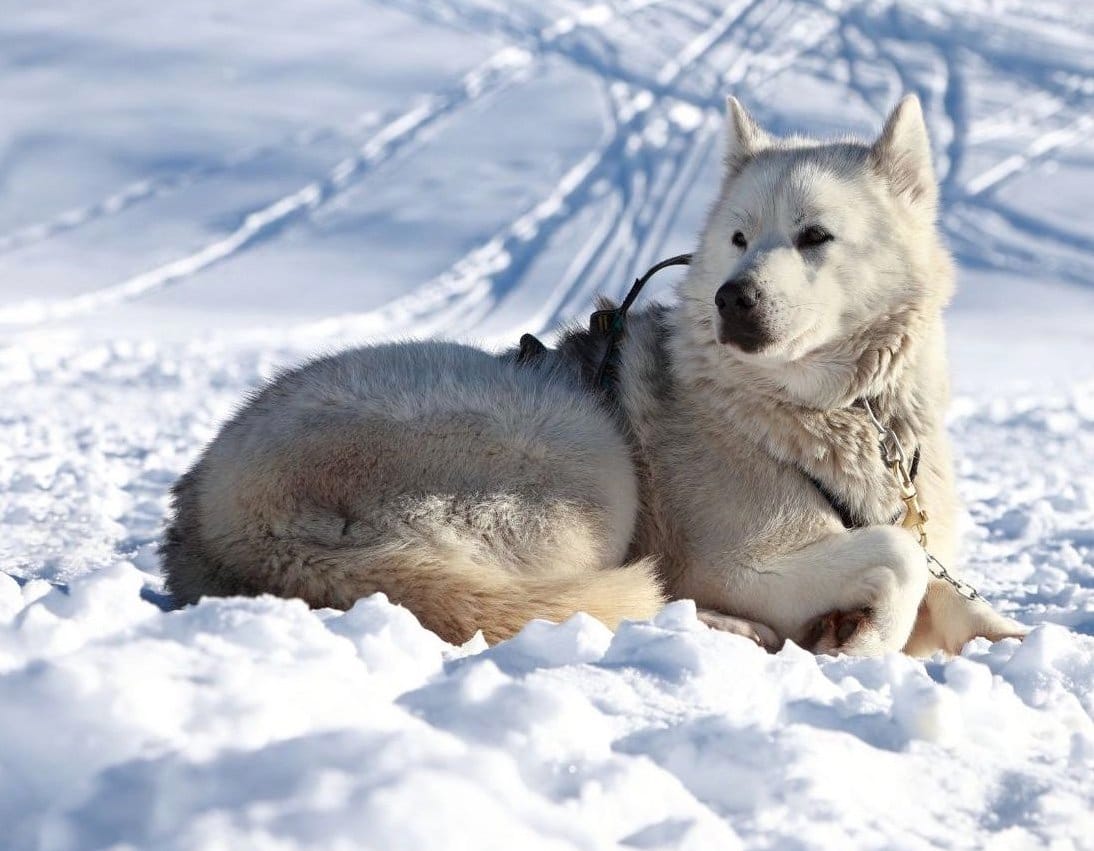The Ugly Side of Kindness

In our ever-softening culture where silence is now violence and peaceful protest is considered oppression, it is good for the church to be reminded that language is a gift from God. And like any other gift from the Creator, it is alway best to look to the source to discover its use and meaning.
When one is unable to give sound reasoning for their view on any given topic, one simply deconstructs the definitions and meanings of words in order to try to gain footing. We have watched deconstruction in the definitions of law, marriage, gender, and even faith. Dismantle and blur meaning and you can talk in circles til the cows come home.
The deconstruction of language is not only one of the biggest lies foisted upon us, it is undoubtedly making its way into an unsuspecting church. Take the word Love for example. Love is a word that, if I can steal a lyric from the band Snow Patrol, is “Said too much, and not enough”. In other words, its overuse and misuse have made it almost devoid of meaning altogether. We use this same word to describe both our feelings for our children as well as the latest summer sandal. I love my kids. But I also love your new shoes! It all becomes quite ambiguous.
But there is another word that has recently dropped into the same pit of undoing. That is the word “Kind”. It’s become a buzz word for everything from political slogans to the name of an energy bar. ‘Kind’ has mistakenly become synonymous with the word ‘nice’ and is touted even within Christian circles as though Jesus himself commanded us “blessed are the nice”.
Surely, kindness is a positive characteristic. But like love, we appear to have watered the word “kind” or “kindness” down to simply mean anything that feels good at the moment. It has negated altogether the possibility that sometimes the kindest things we can do are also the most uncomfortable and difficult. I dare even say kindness can sometimes be a bit ugly. Not mean, demeaning, or manipulative, which are not kind in any way. But that being kind, or compassionate, comes with being willing to do what others are not prepared to do.
My family lived for a time in Alaska. Far, western, rural Alaska. No roads. Very remote. One evening while visiting with a friend, he relayed a story I shall never forget. A story hard to imagine, yet the epitome of compassion and kindness.
This friend was a pilot out in the bush of Alaska and told of a time he was hunting with a friend. Miles from nowhere, the men came across a large dog. They could tell by its stance and the irregular way it moved across the tundra, something was wrong. So they decided to get a closer look.
When they finally got a good visual, they realized something was very wrong. This poor dog’s latest adventure had brought him to tangling with a porcupine. His entire face and head, down his neck and chest was covered in quills. Obviously, unable to eat or drink in his poor state, they could tell it had been a while since the altercation. The suffering dog was showing signs of starvation.
Of course, a quick easy way to put the dog out of its misery would have been to simply shoot it. They were out hunting after all and their guns were at the ready. However, their kindness and compassion forced them to consider whether there could possibly be another way to save this miserable beast.
Being out in the middle of nowhere, their resources were limited to say the least. The wounded dog was not about to let the two strange figures near him, let alone touch him. And even if the dog were to allow them to approach, anyone familiar with porcupines knows that removing the quills is excruciatingly painful. The dog was not likely to let that happen. He was in trouble, he knew it, and he was ready to fend for himself in true white-fang fashion.
After some serious thought and discussion, these men came up with a plan. Of their skinny supplies, they did have leather gloves and a good length of rope. So they caught the dog using the rope looping it’s head into a noose. They then drug the resisting animal to a nearby tree throwing the rope over a branch high enough to hoist the dog off the ground. They strung the dog up into the tree leaving it to hang by its neck.
Watching it very closely. Not taking their eyes off it for even a second, as soon as the dog lost consciousness, they immediately dropped him to the ground. While the dog lay unconscious, both men went to work ripping the quills from the dog’s flesh as fast and furiously as they could. Just as the dog started showing signs of coming around, they again pulled the rope hoisting the dog by its neck and holding it there just long enough for it to lose consciousness again.
They continued this process so many times the men lost count. But they persisted until they got all the quills out. Then they strung the dog up one final time and watched him fade out. They then quickly let him down, slipped the rope off his neck and ran as fast and as far from the dog as they could. Once at a safe distance the men stopped and turned to watch.
The men were exhausted. The dog was no doubt in tremendous pain, and even bloodier than when they first found him. But the dog eventually regained his faculties, stood up, and took off into the distance with a new found strength and energy he did not previously possess. He was alive! He could now run, eat, and drink in order to survive again.
In Alaska, your dog is extremely valuable. They assist in the hunt, fight off bears, and help keep your family and village safe. No doubt someone would be glad to see him return home again.
The endeavor to save this dog was dangerous. It was painful. It was bloody. And I even wondered how onlookers, had there been any, might have responded. Would they recoil from the gruesomeness of it? Would they even be able to stomach to watch. Or would they understand it was the kindest thing those two bush men could have done for that dog. For absolutely no benefit to themselves, they chose to show tremendous compassion to a suffering animal. But to show this kindness they had to be willing to do some things that weren’t very nice. I wondered if I would have been prepared to do the same.
So often, as Christians we will hear the accusation that we are being unkind, unloving, or intolerant. And it is important we examine ourselves to make sure our motivations are indeed pure. But we must never be afraid to do what is truly kind just because it might get messy or difficult. We might get bit. We might even get some mud and blood on our clothes. Do not be deceived into thinking that kindness never gets uncomfortable. Or dare I say, even ugly at times.
Those who would wish that all kindness is nice and all niceness is kind do not realize the Gospel of Jesus Christ is the kindest act humanity could ever look upon. Yet it came by way of the ugly cross. And those who would suppose the kindness of salvation comes without pain or discomfort are deceived, and described in the book of Romans, “For such persons do not serve our Lord Christ, but their own appetites. By smooth talk and flattery they deceive the hearts of the naive. Such people are not serving Christ our Lord; they are serving their own personal interests.” ~Romans 16:18




